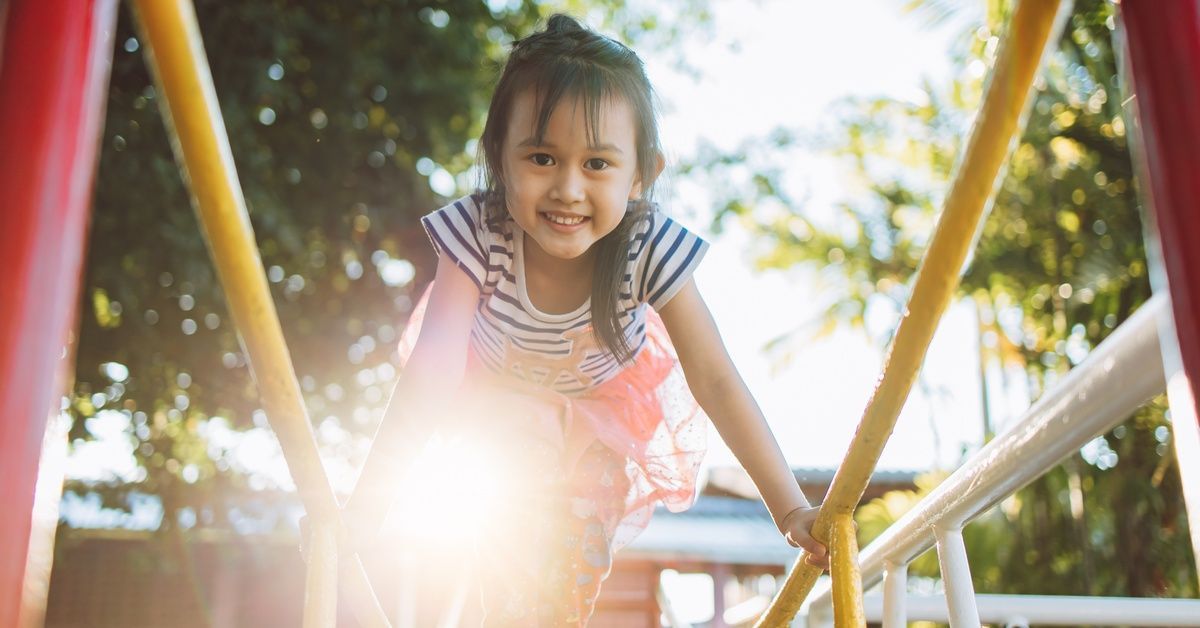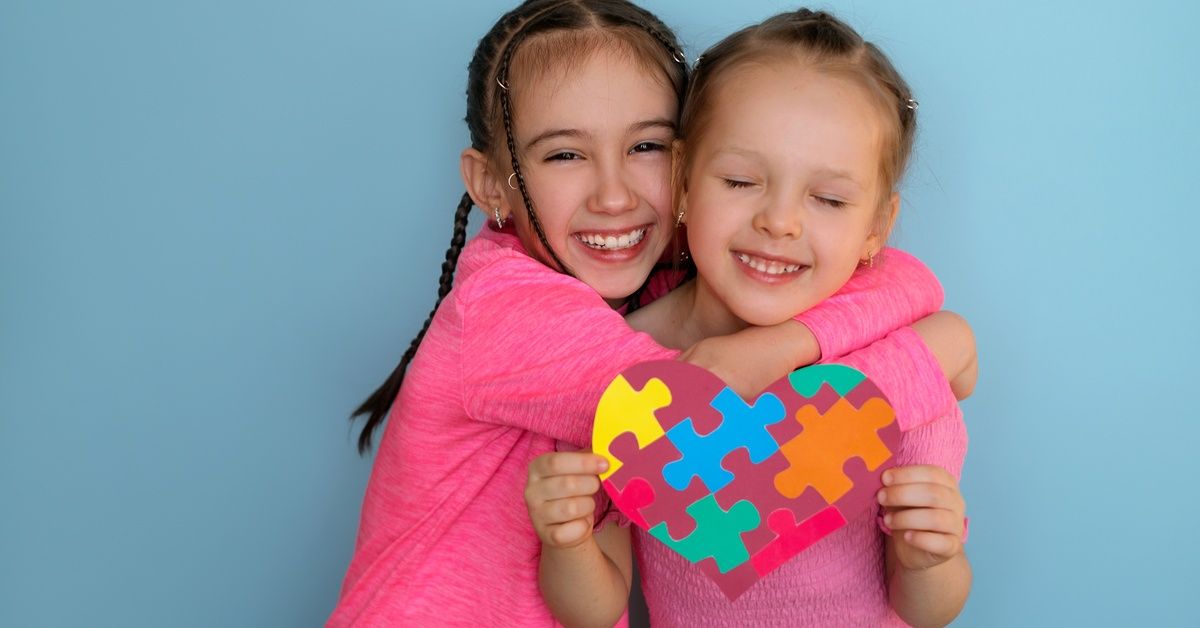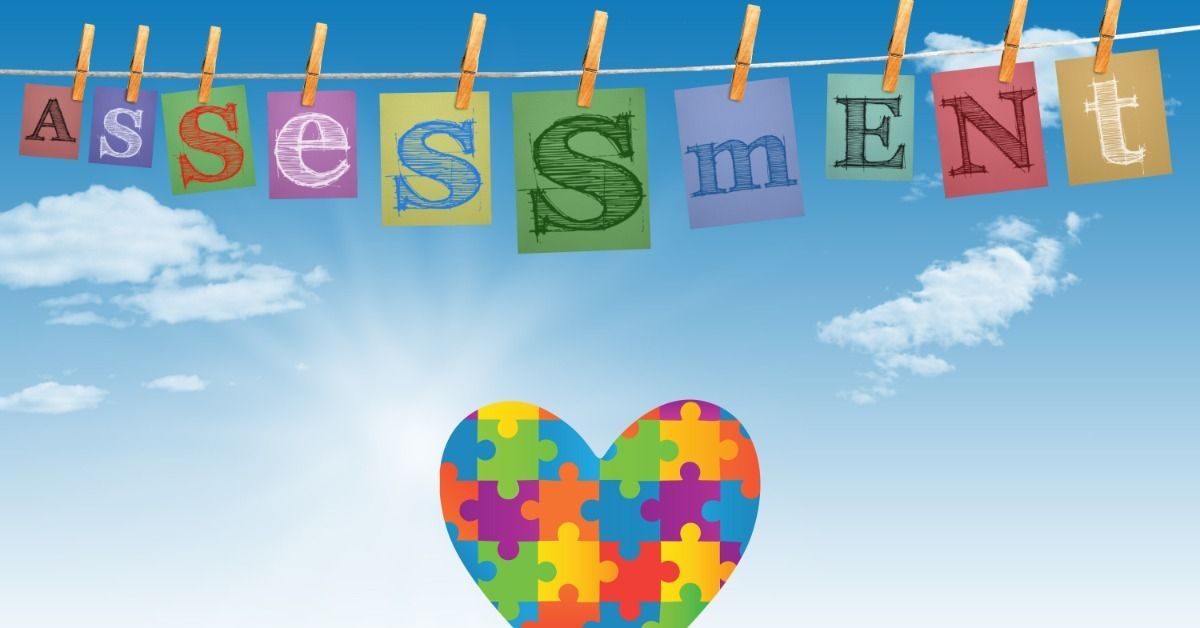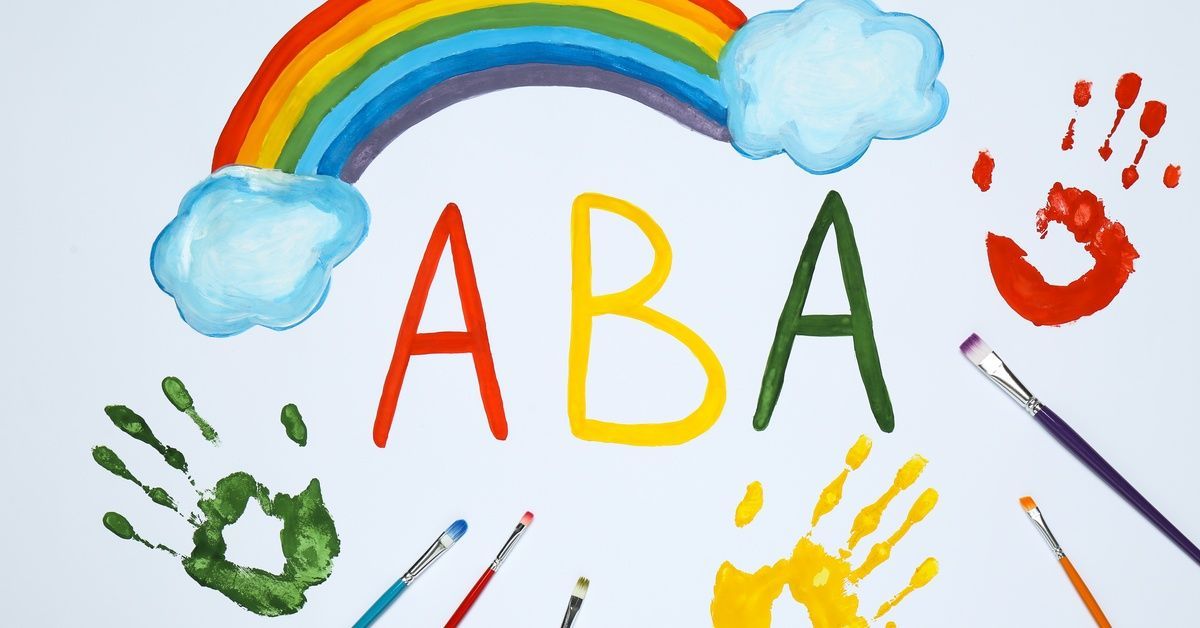Preparing a Child With Autism for Summer Camp
Summer brings excitement, growth, and new experiences for families. For many children, it means outdoor adventures, building friendships, and the thrill of summer camp. But for a child with autism, these changes can feel overwhelming. Adjusting to unfamiliar routines, environments, and social situations may present unique challenges.
By preparing a child with autism for summer camp through consistent support and thoughtful planning, parents can help create a smoother transition and set their child up for success. With the right tools and approach, summer camp can become a rewarding and joyful part of their summer.
Understanding Your Child’s Needs
Every child has unique needs and understanding them is the first step toward successful summer camp preparation. For children with autism, sensory and emotional considerations play an especially important role.
Sensory sensitivities, such as responses to loud sounds, bright lights, or crowded spaces, can influence a child’s comfort at camp. Parents can identify these sensitivities at home by observing their child in daily activities. Knowing what triggers overwhelm or what provides comfort can help develop strategies, such as noise-canceling headphones or access to a calm, quiet area.
Equally important is assessing your child’s social and emotional readiness for the camp environment. Observing how they regulate their emotions, interact with peers, and respond to new challenges is crucial. With careful preparation, you can introduce routines and coping strategies to reduce anxiety and provide the emotional support they need to thrive in a less familiar setting.
Choosing the Right Camp
Selecting the right camp forms the foundation of a rewarding experience. Understanding the differences between inclusive camps and specialized camps designed for children with autism will help you make the best decision.
Inclusive camps integrate children with varied needs, providing opportunities to practice socialization, while specialized camps cater more specifically to the needs of children with autism, offering tailored activities and trained staff. When exploring options, be proactive in asking questions. Is the staff trained to manage sensory triggers? What accommodations are available for children with autism?
Equally valuable is open communication with camp staff. Sharing information about your child’s communication preferences, sensory sensitivities, and tools that help them cope can foster mutual understanding. Clear dialogue not only ensures proper support but also builds confidence in the camp environment.
Building a Bridge: Preparing Ahead at Home

Helping your child transition to the camp setting starts at home. Familiarity and practice can significantly reduce anxiety and build confidence. An encouraging strategy involves creating a “mock” camp day at home. Simulate routines such as getting dressed, packing a bag, engaging in mealtimes, and participating in group activities. These rehearsals provide opportunities for your child to familiarize themselves with new routines in a safe, supportive environment.
Visual aids and social stories can also help demystify summer camp experiences. Creating visual schedules showing what a day at camp might look like can provide structure and predictability. Social stories, tailored to explain specific activities or situations, can prepare your child for what to expect, easing transitions and helping them feel more secure.
Collaboration: Partnering With Therapists and Educators
Collaboration is important when preparing your child for camp. Working closely with professionals who understand your child’s needs ensures a unified approach to their support.
For example, incorporating therapy goals into pre-camp preparation can provide tremendous benefits. ABA therapists, skilled in addressing behavioral needs, can work on role-playing camp scenarios or focusing on specific goals such as practicing group interactions.
If available, autism training for parents can enhance your confidence in supporting your child. These programs equip families with effective techniques to manage emotions, transitions, and communication challenges, creating a team-oriented approach that empowers both parents and children.
Easing the Transition
Starting summer camp on the right note can ease nerves and build excitement for your child. A practical way to familiarize them with the camp setting is by scheduling a visit beforehand. Meeting staff and exploring the space in advance can make the environment feel less intimidating. Afterward, creating a photo book or visual guide of the camp can reinforce the experience and ensure they remember it positively.
Additionally, selecting the right comfort items can provide reassurance during their first days at camp. Whether it’s a favorite toy, a soft blanket, or sensory fidgets, familiar items offer grounding and alleviate stress. Clothing can also play a role; packing tagless, soft fabrics and an extra change of clothes can help you meet their sensory preferences.
The First Day and Beyond
When the big day arrives, starting with a calm morning routine can set the tone for success. Planning structured steps—from breakfast to getting ready to leaving the house smoothly—is key to ensuring they feel regulated and assured. Previewing the day’s schedule through simple conversation or visuals can also provide clarity and reduce uncertainty.
Continuous communication with camp staff remains equally important after they’ve started. Regular updates regarding what is working well or where adjustments may be necessary will help you ensure your child gets optimal support throughout their camp experience. Collaboration and adaptability go a long way toward making the experience a positive one.
Celebrating Small Wins

Attending summer camp represents a significant achievement, and every step forward deserves recognition. Whether it’s trying a new activity, making a friend, or navigating a sensory challenge, celebrating small victories reinforces resilience and encourages continued growth.
At the same time, remember that flexibility is essential. Adjusting plans or goals as needed is a sign of responsiveness to your child’s progress and comfort level. Every child’s path is unique, and what matters most is fostering a positive experience that aligns with their individual needs.
Turning Summer Camp Into an Enriching Experience
The process of preparing a child with autism for summer camp may seem daunting at first, but with preparation, collaboration, and compassion, it can evolve into a wonderfully enriching experience. By prioritizing your child’s needs, partnering with professionals, and building a supportive bridge from home to camp, you can create an opportunity for growth, discovery, and endless memories.
Remember, it’s OK to lean on guidance and resources to strengthen your abilities and build confidence. Summer camp is about creating positive milestones—which, with love and intention, you and your child can achieve together.






